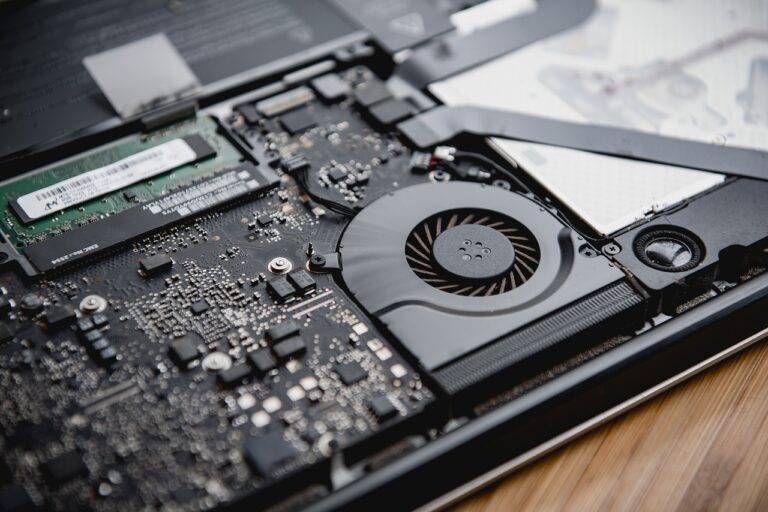The Potential of Blockchain in Improving Fair Trade Practices
Blockchain technology is a decentralized and distributed ledger system that securely records transactions across a network of computers. Each block in the chain contains a number of transactions and is linked to the previous block, creating a secure and transparent record of all transactions. This technology eliminates the need for intermediaries, reducing costs and increasing efficiency in various industries.
One of the key features of blockchain technology is its immutability, meaning that once a transaction is recorded in a block, it cannot be altered or deleted. This ensures a high level of security and trust in the system, as all participants can verify the validity of transactions independently. Additionally, blockchain technology enables smart contracts, which are self-executing contracts with the terms directly written into code. This automation streamlines processes and reduces the risk of fraud or errors in transactions.
• Blockchain technology is a decentralized and distributed ledger system
• Each block in the chain contains a number of transactions linked to the previous block
• Eliminates the need for intermediaries, reducing costs and increasing efficiency
• Immutability ensures that once a transaction is recorded, it cannot be altered or deleted
• Enables smart contracts, which are self-executing contracts with terms written into code
• Automation streamlines processes and reduces risk of fraud or errors
Understanding Fair Trade Practices
Fair trade practices are based on principles that aim to ensure fair wages and working conditions for producers in developing countries. The goal is to empower these individuals and communities by promoting sustainable livelihoods and providing them with access to markets that offer a fair price for their goods. By prioritizing transparency and accountability throughout the supply chain, fair trade practices seek to create a more equitable trading system that benefits all parties involved.
Consumers who support fair trade are able to make a positive impact by choosing products that have been ethically sourced and produced. Through their purchasing decisions, they contribute to the reduction of exploitation and poverty in vulnerable communities. By increasing awareness and demand for fair trade products, consumers play a crucial role in driving positive change in the global economy towards a more just and sustainable future.
Challenges in Fair Trade
Fair trade faces various challenges in ensuring ethical practices throughout the supply chain. One major obstacle is the limited awareness and understanding of fair trade principles among consumers. Despite growing interest in sustainable and ethical products, many consumers are still unfamiliar with the concept of fair trade and the impact it has on producers in developing countries. This lack of awareness can lead to a lower demand for fair trade goods, making it challenging for producers to achieve fair prices for their products.
In addition, another significant challenge in fair trade is the issue of certification standards and compliance. While certification organizations play a crucial role in verifying fair trade practices, inconsistencies in standards across different certifying bodies can create confusion and undermine the credibility of the movement. Producers often face difficulties in obtaining and maintaining certifications, which can be costly and time-consuming. This complexity in the certification process poses a barrier to small-scale producers, limiting their ability to participate fully in fair trade networks and access fair markets.
What is blockchain technology and how does it relate to fair trade?
Blockchain technology is a decentralized, digital ledger that records transactions across multiple computers. It can be used in fair trade to track the journey of products from producers to consumers, ensuring transparency and authenticity.
How can we ensure fair trade practices are being followed?
Fair trade organizations set standards and certifications to ensure fair wages, safe working conditions, and environmental sustainability. Consumers can look for these certifications when purchasing products.
What are some common challenges in fair trade?
Some common challenges in fair trade include ensuring fair wages for producers, verifying the authenticity of fair trade products, and overcoming logistical barriers in the supply chain.
How can consumers support fair trade?
Consumers can support fair trade by purchasing products with fair trade certifications, educating themselves on fair trade practices, and advocating for fair trade policies at a local and national level.





